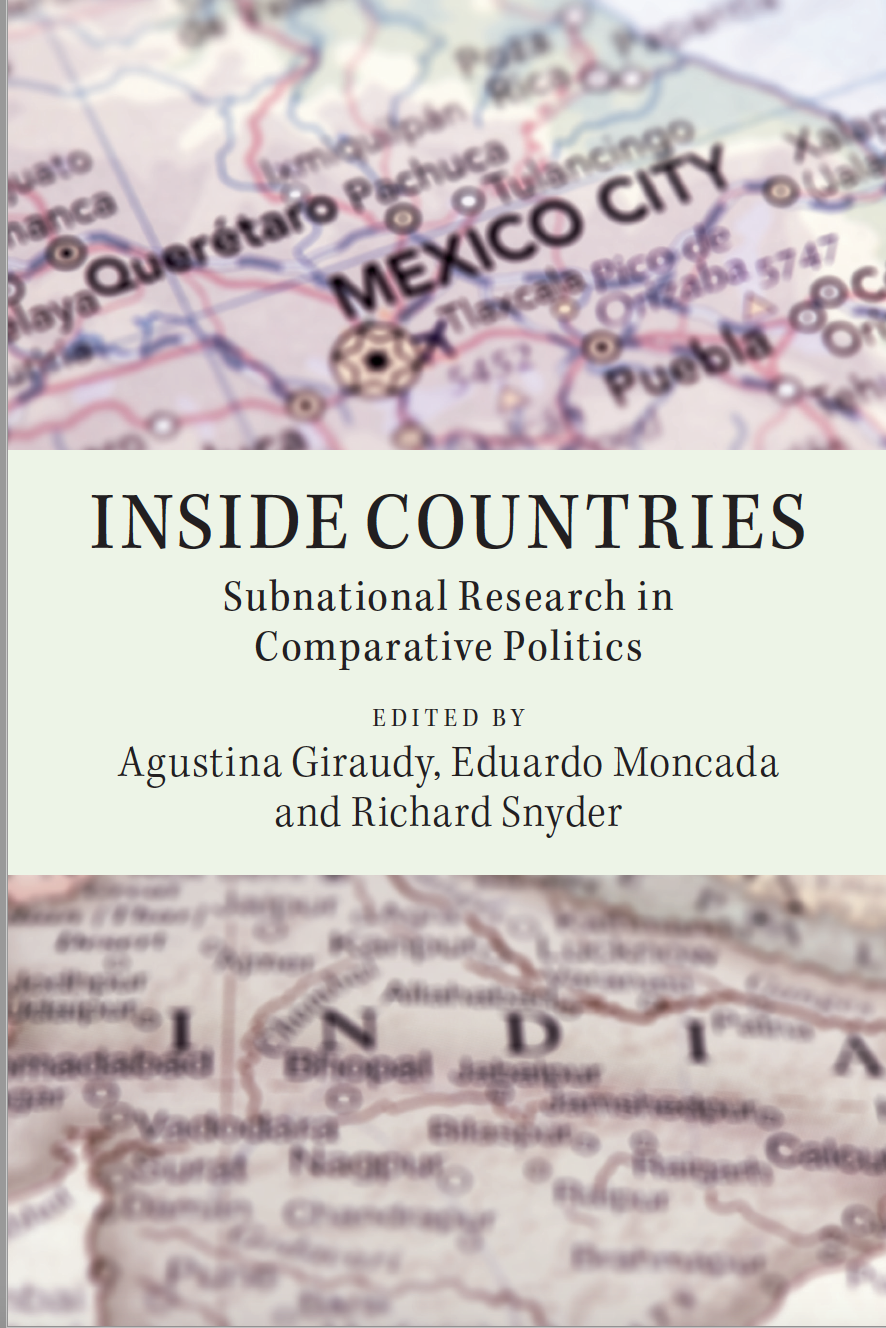Books
Who governs in developing world cities? Competition over power represents the essence of politics. And in a world where over half the world's population lives in cities, the urban political landscape provides an optimal setting in which to study the struggle over power. In my first book I use one of the key challenges that developing world cities face -- criminal violence -- to identify and unpack the political coalitions and conflicts that shape how cities mobilize to meet the basic responsibility assigned to political rulers: the provision of security. With a focus on Colombia, I show that the institutional projects that cities launch in response to violence can vary significantly even within a single country. Some are designed to impose order through the use of both state-sanctioned and extra-judicial violence. Others combine an emphasis on building the coercive capacity of local governments with efforts to undo entrenched patterns of inequality along socioeconomic and political lines. And still others reside in between these two ends of the spectrum. Explaining this variation requires unpacking urban coalition politics and dynamics of criminal territorial control. This book demonstrates that the politics of urban violence is a powerful new lens on a much broader and older question: who governs?
Criminal extortion is an understudied, but widespread and severe problem in Latin America. In states that cannot or choose not to uphold the rule of law, victims are often seen as helpless in the face of powerful criminals. However, even under such difficult circumstances, victims resist criminal extortion in surprisingly different ways. Drawing on extensive fieldwork in violent localities in Colombia, El Salvador and Mexico, Moncada weaves together interviews, focus groups, and participatory drawing exercises to explain why victims pursue distinct strategies to resist criminal extortion. The analysis traces and compares processes that lead to individual acts of everyday resistance; sporadic killings by ad hoc groups of victims and police; institutionalized and sustained collective vigilantism; and coordination between victims and states to co-produce order in ways that both strengthen and undermine the rule of law. This book offers valuable new insights into the broader politics of crime and the state.
Inside Countries: Subnational Research in Comparative Politics (Cambridge University Press, 2019)
Although comparative politics is conventionally seen as the study of politics across countries, the field has a longstanding and increasingly prominent tradition in national contexts; focusing on subnational units, institutions, actors and processes. This book offers the first comprehensive assessment of the substantive, theoretical, and methodological contributions. With empirical chapters from across the contemporary Global South, including India, Mexico, and China, as well as Russia, the contributors show how subnational research provides useful insights about substantive themes in political science, from regimes and representation, to states and security, to social and economic development. In addition to methodological chapters with specific guidance about best practices for doing subnational research, this volume also proposes a set of strategies for subnational research, assesses their strengths and weaknesses, and offers illustrative empirical applications.


